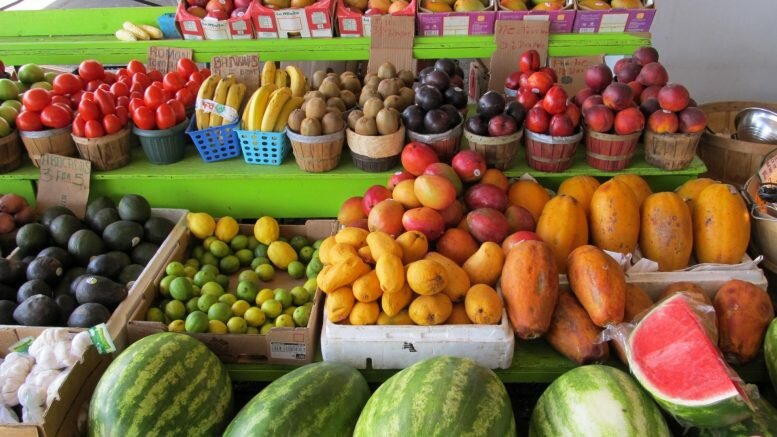The pesticide chlorpyrifos can cause brain damage in children, but nevertheless appears on fruit, berries and vegetables in Norwegian store shelves.
The Norwegian Food Safety Authority has established that chlorpyrifos can affect the development of the nervous system in fetuses and children, and Norway and eight EU countries have therefore introduced a ban on the use of the pesticide.
However, fruits, berries and vegetables with chlorpyrifos end up in Norwegian stores, writes Dagbladet, who has participated in a European investigation project run by Danwatch and Investigative Reporting Denmark.
Autism and ADHD
Scientists believe that even small amounts of chlorpyrifos can cause brain damage, autism and ADHD in children, and several US states have adopted total bans.
Until now, the EU has allowed the drug, based on a 20-year-old study commissioned by the manufacturer Dow Chemical. However, the permit expires in the New Year and, according to sources in the EU Commission, will not be renewed.
Oranges and clementines
The Norwegian Food Safety Authority takes over 1,200 samples of berries, fruits and vegetables annually and, in 2015, 2016 and 2017, found residues of chlorpyrifos in 3.5 per cent of the samples.
Oranges top the list, followed by clementines, bananas, lime, raisins, apples and lemons. At one check, the Norwegian Food Safety Authority discovered that leaf parsley from Laos contained 56 times as much chlorpyrifos as allowed.
Laos has the highest proportion of chlorpyrifos in foods, followed by Cyprus, Tunisia, China, USA, Ecuador, Malta and Turkey.
I basically think chlorpyrifos should be banned. Then the industry can protest as much as they want, says Professor Ketil Hylland at the Department of Biosciences at the University of Oslo to Dagbladet.
© NTB Scanpix / #Norway Today





